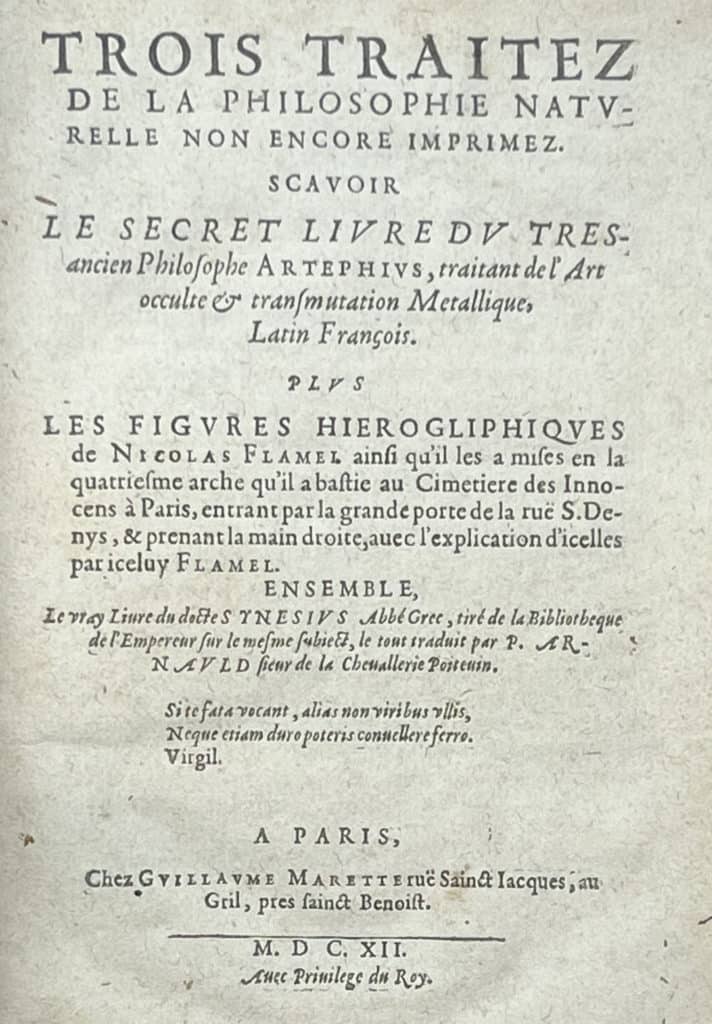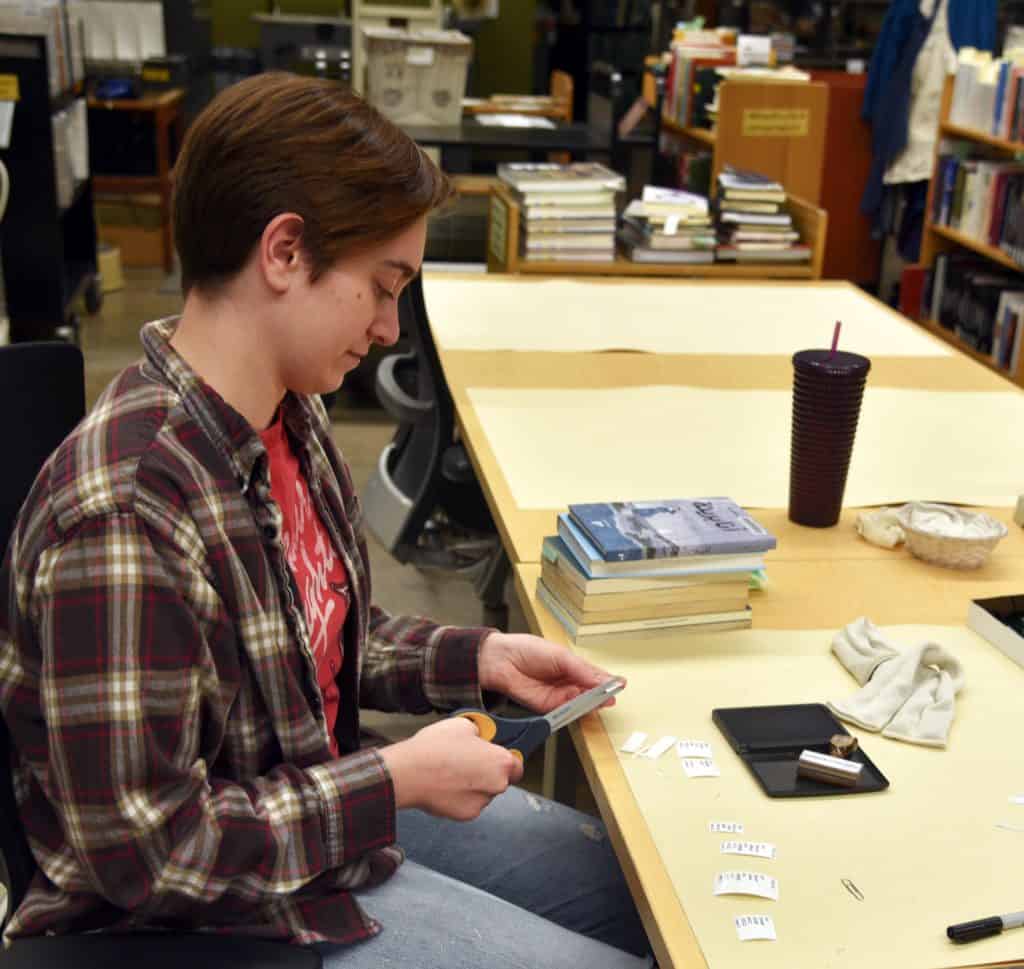The University of Iowa Libraries staff are the heart of our institution, and their achievements are too numerous to count. Here, we highlight just a few of our staff’s professional milestones during the past academic year.

Bradshaw named co-editor of rare materials cataloging vocabulary
Jenny Bradshaw, metadata production coordinator and rare materials cataloger in the Cataloging-Metadata-Digitization Department, has been co-editing the Rare Books and Manuscripts Section Controlled Vocabulary for Rare Materials Cataloging, a genre/form thesaurus, and the Rare Books and Manuscripts Relationship Designators vocabulary. These two vocabularies comprise terms specific to the needs of the rare materials community.
Cox and Kozak take home award for best poster at national engineering education conference
In June 2024, James Cox, public services and emerging technologies librarian, and Kari Kozak, director of the Lichtenberger Engineering Library, were selected to receive “best poster” in the Engineering Library Division at this year’s annual conference of the American Society of Engineering Education in Portland, Oregon. Their poster was titled “Developing a User Experience Study,” and focused on their efforts to tailor library spaces to respond to feedback from users.


Dougherty featured in Library Journal’s Movers & Shakers list
Jenay Dougherty, undergraduate engagement librarian, builds community at the UI Libraries every day, particularly through her work with the Asian Pacific American Cultural Center and 1stGen@Iowa. In April 2024, the Library Journal listed Dougherty in the “Community Builder” category on its annual list of “Movers & Shakers” in the field of librarianship.
Fuchs collaborates with Distance and Online Education (DOE)
Willow Fuchs, business reference and instruction librarian at the Pomerantz Business Library, worked with DOE to create a course titled “Online Course Presence: Do Students Know You’re on the Other End?” The course offers best practices for instructors who are teaching online and wish to support the success of their students in an asynchronous online course.


Webb receives two scholarships to summer programs
Zoë Webb, collections care technician, was awarded two competitive scholarships to collections care programs for the summer of 2024: the Paper and Book Intensive in Ox-Bow, Michigan, and the summer program at the Center for Collections Care at Beloit College in Wisconsin.
Young selected for Minnesota Institute
Matrice Young, student life archivist, was selected to participate in the Minnesota Institute during summer 2024. The Institute focuses on developing leadership skills for early-career librarians from diverse backgrounds, with the goal of transforming institutions to be more equitable and just places.














